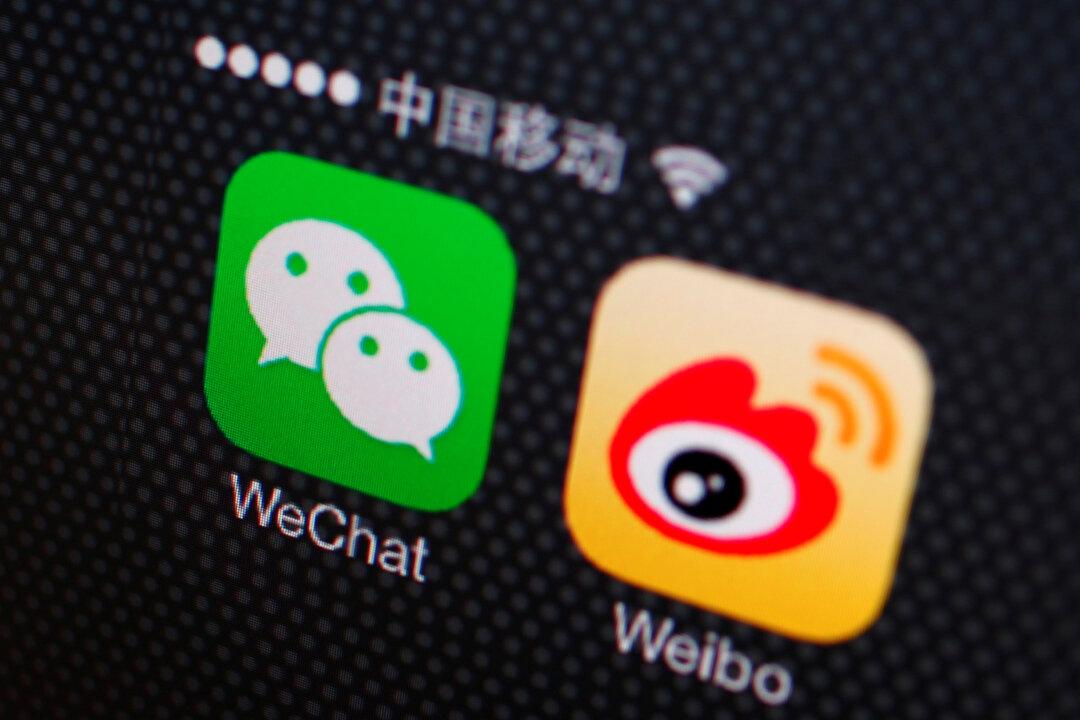A new report has confirmed long-standing concerns that Australia’s Chinese-language media landscape is dominated by outlets “friendly towards the Chinese Communist Party (CCP).”
“The influence environment” by the Australian Strategic Policy Institute (ASPI) analysed the content, political stances, business ties, and management structures of 24 of the largest Chinese-language media (print and online), located mainly in the country’s capital cities.





